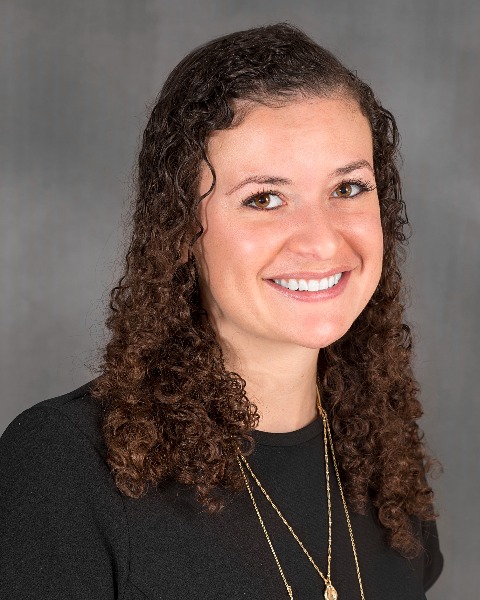Academic and Research Skills
Career Development Pathway
Education Pathway
Hospital Medicine
Medical Education
Trainee Pathway
3465 - Ambiguity and Evidence-Based Medicine: Teaching these essential and interconnected concepts in the clinical environment
-
BS
Brooke Spector
Assistant Professor of Clinical Pediatrics
Weill Cornell Medicine
New York, New York, United States -

Jean Petershack, MD (she/her/hers)
Professor
UTHealth San Antonio
San Antonio, Texas, United States -
.jpg)
Rachel Umoren, MBBCh, MS
Associate Professor of Pediatrics
Pediatrics
University of Washington School of Medicine
Seattle, Washington, United States -
DR
Daniel Richards, MD
Associate Professor
Dell Medical School, The University of Texas at Austin
Austin, Texas, United States -

Meghan O'Connor, MD (she/her/hers)
Assistant Professor
University of Utah School of Medicine
Salt Lake City, Utah, United States -
.jpg)
Johannah Scheurer, MD (she/her/hers)
Assistant Professor
University of Minnesota Medical School
Minneapolis, Minnesota, United States -
AG
Allison Gault, MD
Associate Professor of Pediatrics
Icahn School of Medicine at Mount Sinai
New York, New York, United States
Leader(s)
Co-Leader(s)
While many initially think of Evidence-Based Medicine (EBM) and ambiguity in medicine as opposing goals, instead they are essential and interconnected partners in decision-making. By teaching to connect these two in practice, we can help to decrease learners’ distress and burn-out around ambiguity in medicine. This workshop aims to prepare educators with the tools, understanding, and phrasing to effectively communicate this complex topic to learners within the clinical environment. The workshop will utilize a mixed format of didactics paired with interactive methods such as pair share, small-group breakouts, and role play to solidify new concepts. First, we will identify and reconcile common barriers and misconceptions around ambiguity in the setting of EBM. Through visual examples we will illustrate how the two are interconnected. Dyads will work together using this new lens to practice recognizing these moments in everyday decision making. Next, we will introduce tools to guide teaching these complex topics. Small groups, each led by a workshop leader, will then participate in a teacher to learner role-play. Using an inductive approach, groups will then build a list of helpful communication strategies from their observations during the scenarios. Each small group will report back to the larger group for an open discussion section in which workshop leaders will highlight emerging themes. To conclude, each participant will fill out a commitment to change. Participants will leave with a compiled list of specific communication strategies so that all go back to their home institutions with resources and goals for meaningful change.
